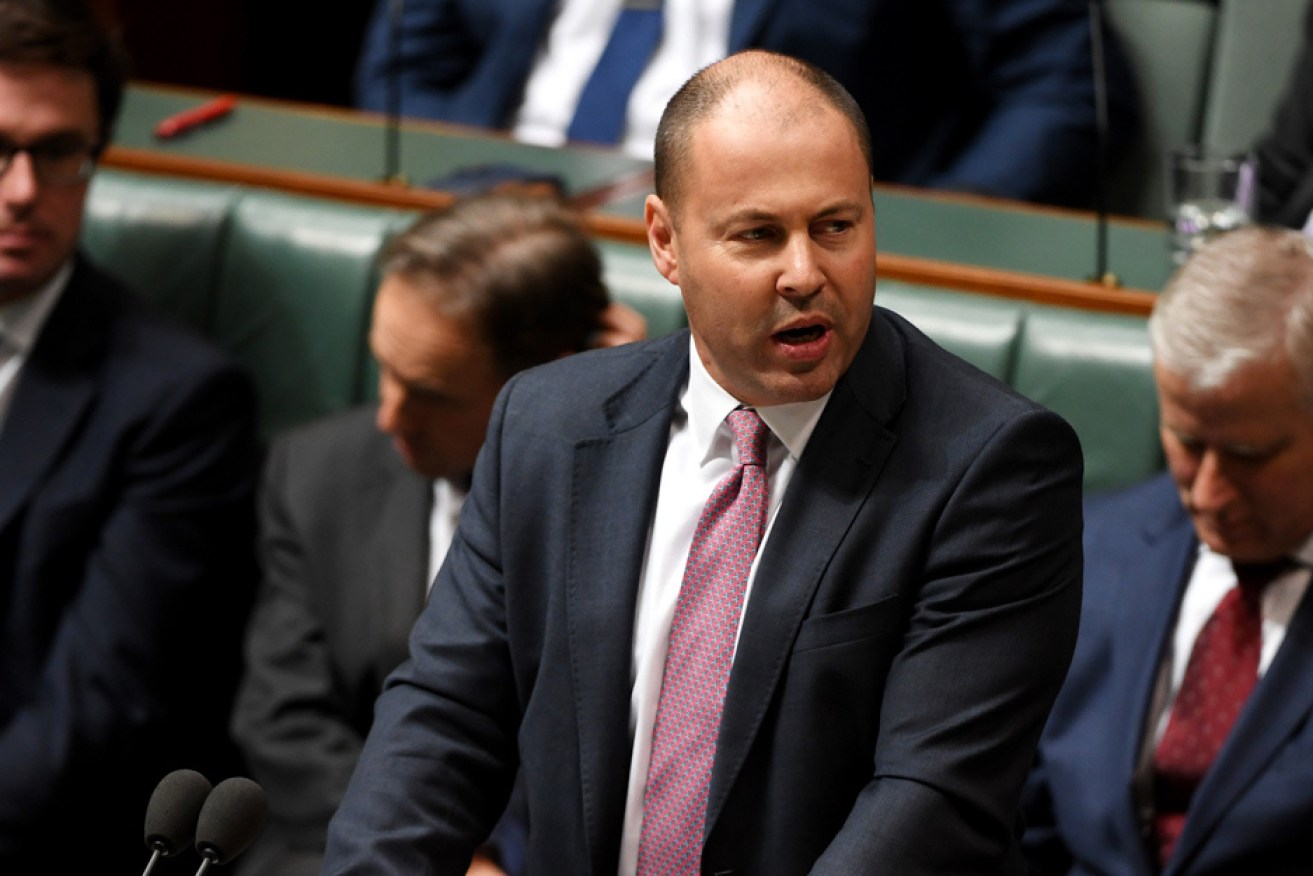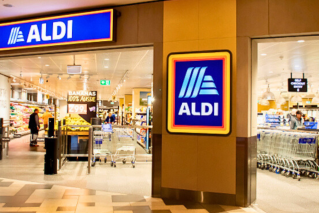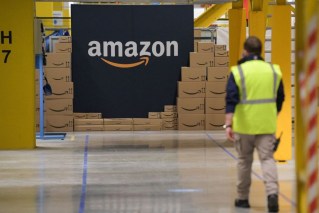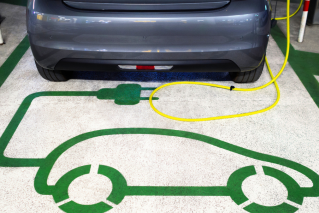Tax refunds surpass $15.7 billion but stimulus has had little effect


Treasurer Josh Frydenberg is pinning his hopes on tax cuts leading a third-quarter economic turnaround. Photo: Getty
The Australian Tax Office (ATO) has paid out more than $15.7 billion in tax refunds since July. But economists warn they won’t help the economy one bit.
An ATO spokesperson told The New Daily that it had paid an average refund of $2615 to more than six million taxpayers since the beginning of the financial year.
But recent economic data suggests the refunds aren’t being spent.
Retail spending in July dropped by 0.1 per cent, and car sales in August were down 10.1 per cent over the year.
Worst of all, though, were GDP growth figures which revealed Australia had just experienced its worst financial year of growth since 1990-91.
Prime Minister Scott Morrison batted away suggestions the “soft” GDP figures showed the economy was on its deathbed with claims growth would pick up next quarter once more tax cuts had made their way into consumers’ pockets.
But the Westpac-Melbourne Institute Consumer Sentiment Index seemed to put that theory to bed.
A quarter of consumers questioned in the survey said they would save their full tax offset, 29 per cent said they would spend it all, and a further 16 per cent said they would spend more than half.
Tweet from @masters_joanne
Westpac economists said the data suggested the “tax refunds have done little to boost spending”.
And several economists interviewed by The New Daily agreed.
While acknowledging the full impact of the tax cuts wouldn’t be known until the next release of GDP growth figures in December, University of NSW economics professor Richard Holden said he didn’t expect much of an impact.
“The tax cuts aren’t that big, so you wouldn’t expect them to do an enormous amount,” he told The New Daily.
“The prescription for what to do better is fairly large-scale spending on social and physical infrastructure – things along the lines of what Philip Lowe has said as governor of the Reserve Bank.”
Dr Holden is one of a long line of economists calling for governments to take advantage of the cheap money available to them and ramp up infrastructure spending.
Suggested solutions have ranged from fixing potholes and building social housing to raising Newstart and bringing forward future tax cuts.
Infrastructure Australia provided fresh impetus for greater investment in roads and train-lines, too, after releasing a report finding road congestion alone could cost the country $38.8 billion a year by 2031.
Tweet from @ShaneOliverAMP
But while roads, bridges and train-lines were important, UNSW economics professor Richard Holden said something far simpler could help the economy find safe passage through the choppy financial waters.
“Roads, bridges and train-lines are challenging when there’s a fair amount of that going on,” Dr Holden told The New Daily.
“But on the social infrastructure side, you could think about targeted education spending. And there’s good reason to believe we could do stuff around environmental remediation and habitat rehabilitation.”
In other words: hiring unemployed Australians to plant trees, clean waterways and otherwise reverse broader environmental damage.
Dr Holden said this would be easy to organise and would likely provide the economy with a much-needed boost.
“It’s labour-intensive and it costs some money, so it would put some more people back to work, and those workers would be likely to spend most of what they earn, so that’s money that goes into retail and spending,” Dr Holden said.
“People often think you have to build an airport or big rail-line, but there are other ways to think about doing it which can be deployed more readily.”
Outlook Economics director and former Treasury official Peter Downes also said the government should loosen its purse strings to help kickstart the economy.
“Previous Infrastructure Australia reports have pointed to small projects as having the largest returns – things at the local government level, such as putting in an underpass on a busy road,” Mr Downes told The New Daily.
“That small stuff doesn’t have the long lead-times that large projects do.”
Claiming the list of potential stimulus ideas was as “long as your arm”, Mr Downes said investment in early childhood education in low-income areas and a rise in Newstart offered particularly good bang for your buck.
“But all those reforms require political support,” Mr Downes said.
“And that’s not easy.”








